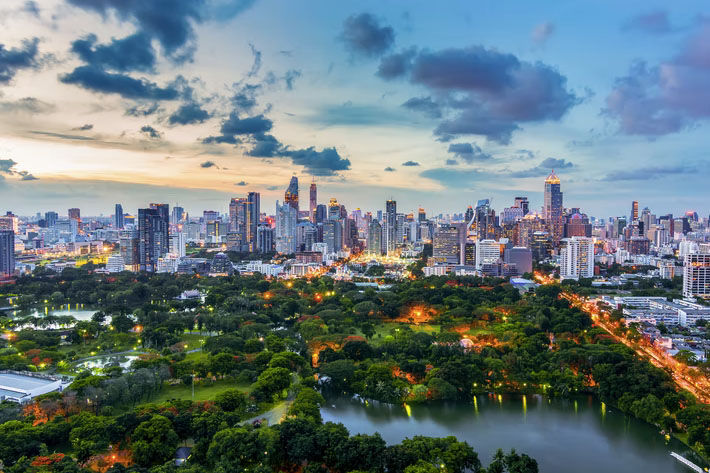Southeast Asian nations face growing energy security challenges

The 10 member economies of the Association of Southeast Asian Nations (ASEAN) are among the world’s fastest growing. Their accelerated transition to sustainable energy would not only cut carbon dioxide (CO2) emissions and fossil fuel imports, but also speed up universal access to electricity and clean cooking for their citizens, as well as provide greater business opportunities in the emerging clean energy economy, according to the International Energy Agency (IEA)’s Southeast Asia Energy Outlook 2022.
Based on today’s policy settings, energy demand in the region is set to grow by around 3 per cent a year to 2030, with three-quarters of that increased demand being met by fossil fuels, according to the new report, the IEA’s fifth edition of the regional outlook. As a result, Southeast Asia’s CO2 emissions would grow 35 per cent from 2020 levels. And without stronger policy action, its net oil import bill, which stood at $50 billion in 2020, is set to multiply in size rapidly if today’s high commodity prices endure.
“Southeast Asia is an emerging heavyweight of global energy, and the speed of its economic development makes it even more essential that the region’s governments hasten efforts to transition to sustainable energy and that they get the international support they need to do so,” said IEA executive director Fatih Birol. “This report is a testament to the IEA’s strong and productive relationship with ASEAN’s dynamic members, and we stand ready to accompany them as they strive to provide clean, affordable and secure energy for all their citizens.”
ASEAN’s members are Brunei Darussalam, Cambodia, Indonesia, Laos, Malaysia, Myanmar, the Philippines, Singapore, Thailand and Vietnam. Several of them have announced ambitious targets for reaching carbon neutrality and curbing reliance on coal-fired power. The report notes that international support will be critical, especially to boost innovation and develop much needed infrastructure such as renewable power generation and grids, as well as facilities for low emissions fuels, IEA said in a press release.
Total energy investment would need to reach $190 billion a year by 2030 to meet the region’s climate goals, up from around $70 billion a year between 2016 and 2020. While international development finance is essential, the report said ASEAN members could reduce financing costs and attract private investors by signalling their clear commitment to deploy low-carbon energy and by improving regulatory and financing frameworks.
Fibre2Fashion News Desk (RR)
































-Ltd..jpg?tr=w-120,h-60,c-at_max,cm-pad_resize,bg-ffffff)





.jpg?tr=w-120,h-60,c-at_max,cm-pad_resize,bg-ffffff)
.jpg?tr=w-120,h-60,c-at_max,cm-pad_resize,bg-ffffff)






